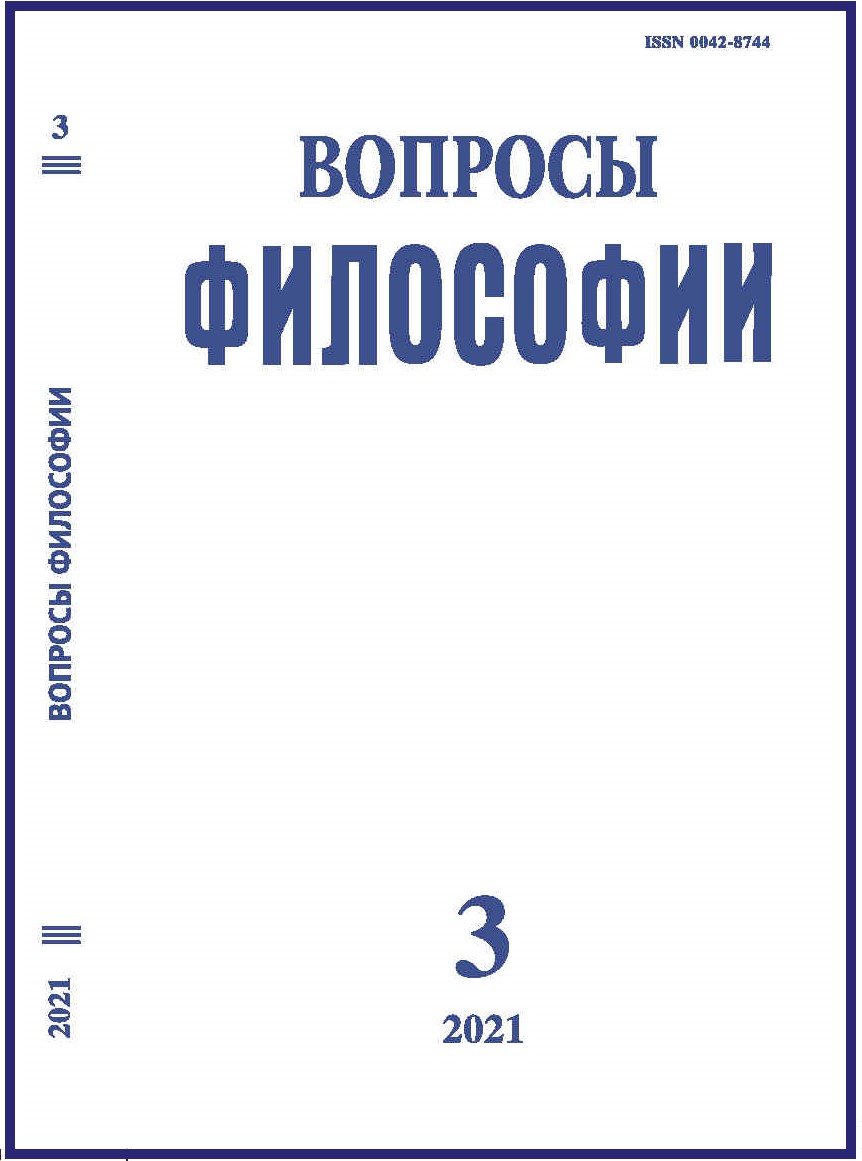The Language of Adam, Epistemic Crisis, and the “Radical Truths” of John Dee
DOI:
https://doi.org/10.21146/0042-8744-2021-3-161-173Keywords:
Renaissance occultism, magic, divination, crystallomancy, empiricism, Reformation, history of Western esotericism, history of European science.Abstract
The life and work of John Dee (1527–1608/9), an English mathematician, erudite and occultist, remains an enigma that gives rise to intensive controversies, puzzles scholars, and nourishes imagination of mass culture makers. The aim of the article is to consider a magical practice of the late Dee and a unique narrative recorded in his diaries, in a context of the intellectual situation of that epoch. The analysis is concentrated on a role of those practice and narrative in dialectics of the search for the perfect language which took place in the West in 15th–17th cc. A technical facet of crystallomancy and its standing in the Renaissance culture as well as conditions and motives urging Dee to invest his years in practicing the magic of that kind. A special attention is paid to the course and results of revealing of the primordial tongue by the ‘angels’ and to the Adamic myth that accompanied the linguistic material and informed of substance, functions, and historical fate of Ursprache. It is argued that despite its reprehensibility crystallomancy took a relatively high cultural status and a wide spreading. Dee became its convinced adept due to a deep inner crisis caused by eschatological anxiety, collapse of traditional epistemology, and discontent with his previous intellectual initiatives. As spirits claimed, the language that they were imparting to him connected the protoplasts with God and angels in Eden and served Adam as a perfect instrument of knowledge and magic. Explaining his lasting failure of comprehending of the revealed language the spirits persuaded Dee that it was not time yet for activation of its potencies but that it was very near though known only to God. That time had never come in the magician’s life. Nonetheless, gladness of (seeming) communication with the ‘angels’ compensated for bitterness of futile expectations.

